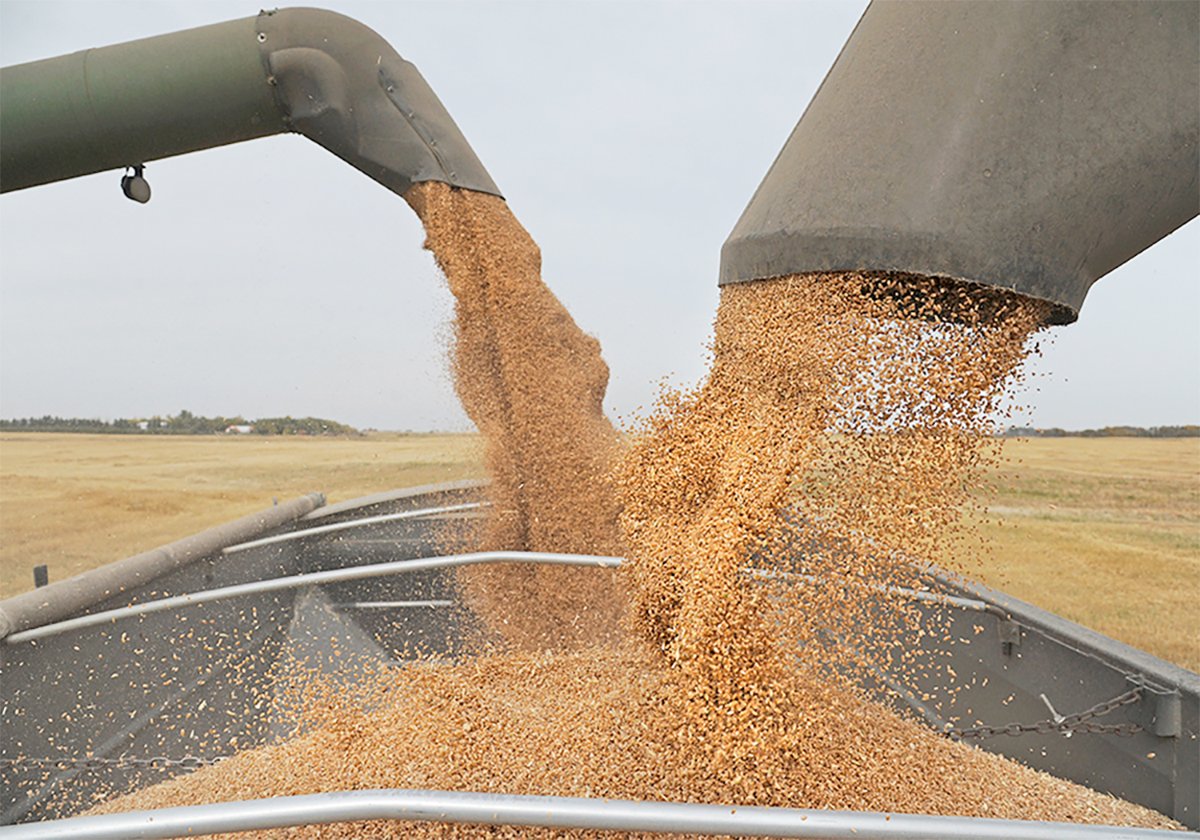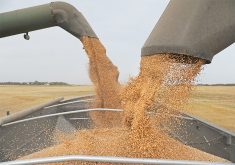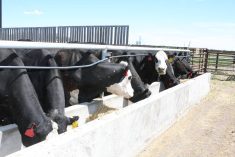That shadowy force called “globalization” is descending with a rush upon Canadian producers. Consider just five recent developments:
- Xcan, the marketing agency for the three prairie pools, is buying canola from non-Canadian sources.
- The rail line to Churchill has been sold to a U.S. short-line rail company.
- Multinational giants like Archer Daniels Midland, ConAgra and Cargill are expanding in Canada.
- Saskatchewan Wheat Pool is becoming part owner of a firm planning to build a grain terminal in Gdansk, Poland.
- Atlantic Dairy Co-operative is strengthening ties with the giant U.S. Land O’Lakes co-op, to which the Atlantic co-op already supplies butter.
Read Also

Agriculture productivity can be increased with little or no cost
There’s a way to enhance agricultural productivity with little or no cost. It doesn’t even require a bunch of legislative changes.
Developments like these hold challenges, concerns – and opportunities – for Canadian producers.
It would scarcely be surprising, for example, if a lot of eyebrows were raised on Coffee Row at word of Xcan selling European or other oilseeds. Yet Xcan officials say that by such wheeling and dealing on a global scale they can get more customers and ultimately sell more Canadian canola than if they restricted themselves to only the Canadian supply.
To survive in this increasingly frontierless and competitive world, Canadian co-ops are going to have to vigorously pursue opportunities outside their traditional boundaries.
That’s partly a matter of self-defence, since lack of expansion would be the equivalent of stagnation, waiting for the bigger global players to come in and capture the local market too.
But it’s also an opportunity to advance the interests of Canadian producers, to give them more market power and a bigger share of downstream value-added activities.
For Western Canadian farmers, one handicap is that their strength is divided among four farmer-controlled companies (the three pools and UGG). That does not have to be a crippling handicap for the smaller farmer-controlled companies, provided that they vigorously pursue strategic partnerships, joint ventures, and other forms of co-operation in seeking to realize global opportunities for their members’ benefit.
And, from the viewpoint of Western Canadian grain farmers as individuals, globalization has fewer dangers and greater opportunities because of the existence of a strong Canadian Wheat Board to market their wheat and barley internationally.
If the other organizations that operate on behalf of farmers can become comparably active on the global scene, Canadian farmers will do well.














